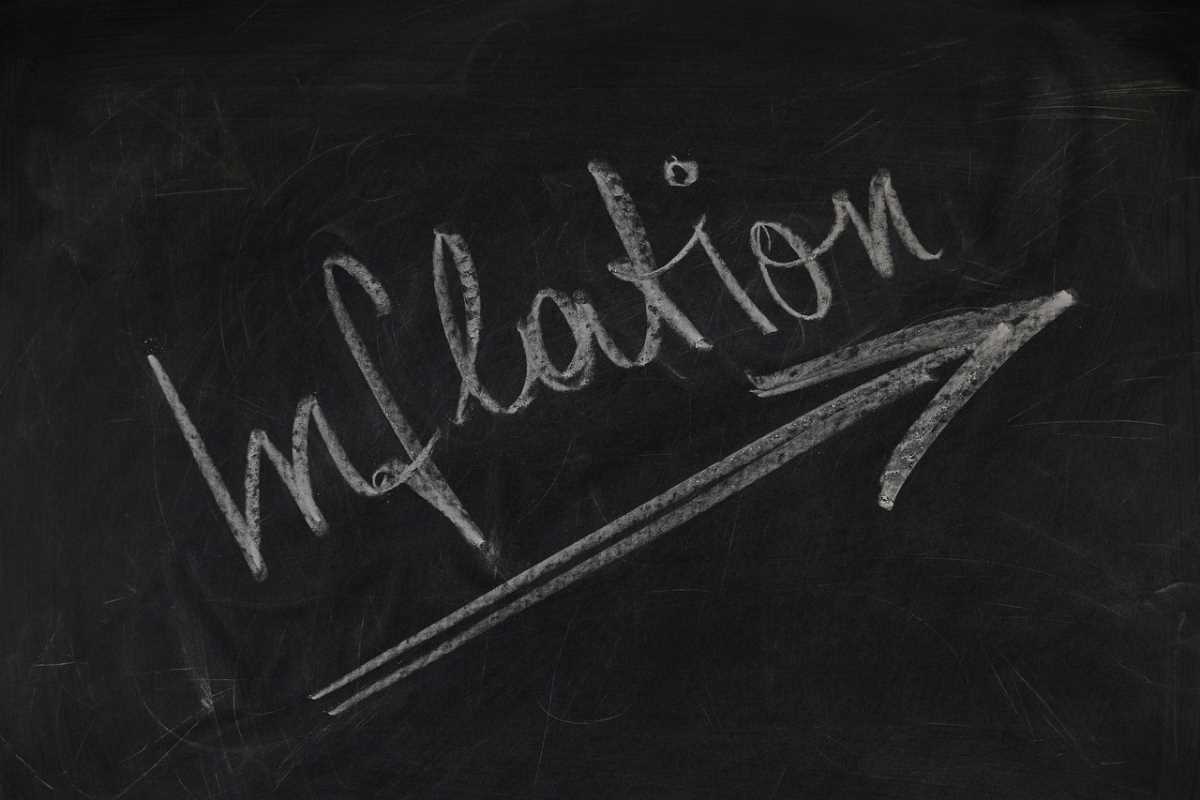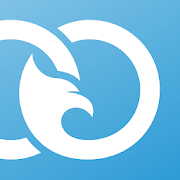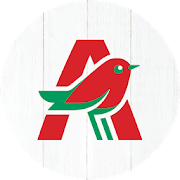 Photo: Pixabay In June, Brazil's annual inflation reached its lowest level since September 2020, signaling a significant change in the national economic outlook. Notably, prices fell by 0.08% monthly, registering the first inflation since September of the previous year.
Photo: Pixabay In June, Brazil's annual inflation reached its lowest level since September 2020, signaling a significant change in the national economic outlook. Notably, prices fell by 0.08% monthly, registering the first inflation since September of the previous year.Government policies, global market conditions and consumer behavior play an important role in determining the rate of inflation.
An interesting aspect of this analysis is observing financial markets and their reactions to economic changes. For example, many traders use platforms like IQ Options Signal Room to track market movements in real time. The platform provides valuable information about market trends, allowing users to make informed decisions about their investments.
And what are the implications for monetary policy? These indicators reinforce expectations of an early cut in interest rates by Brazil's central bank. What was it like before? It is important to remember that the Brazilian central bank has entered an aggressive monetary tightening cycle since the beginning of 2021, with the SELIC base rate reaching 13.75%, the highest level in six years. Much of that work has already been done, with economists now debating the expected size of the next cut.
Annual inflation in Latin America's largest economy fell to 3.16% in June from 3.94% in May, exceeding market expectations of 3.17%, according to Brazil's Institute of Geography and Statistics.
And what are economists’ projections? Opinions vary among economists on whether to cut rates. Capital Economics predicts that the SELIC rate will fall by 25 basis points, to 13.50%, but also notes that the risks are heading towards a larger cut, 50 basis points.
Financial markets react readily to inflation numbers. Bovespa, Brazil's benchmark stock index, fell 1.7% following the announcement, while the Brazilian real fell 0.5% against the dollar.
But what does this inflation mean? Consumer prices fell 0.08% from May to June, mainly due to lower food, beverage and transportation costs. What was the consequence of this? Although the decline was slightly lower than the 0.1% drop predicted by economists, it is in line with the central bank's forecast for the month, according to the Quarterly Inflation Report released at the end of June.
As for inflation targets and forecasts... Brazil's annual inflation, currently within the target of 1.75% to 4.75% established for this year, could change. Analysts predict a rise in inflation from July onwards, due to unfavorable base effects. But private economists consulting with central banks have consistently revised their 2023 projections over the past eight weeks. It is now estimated that the year will end with inflation of 4.95%.
The opinion of President Lula Luiz, Inácio Brazilian President Lula da Silva is in favor of cutting interest rates. He argues that high rates are hurting economic growth. Lula welcomed the downward trend in inflation, which strengthened his position in favor of monetary policy adjustments.
Recent data on inflation in Brazil indicate a significant change in the country's economic situation. With inflation hitting its lowest level in almost three years, will the central bank consider cutting rates to stimulate economic growth? Despite economists' different projections, both the market and President Lula are attentive to the evolution of Brazil's economic trajectory.






























